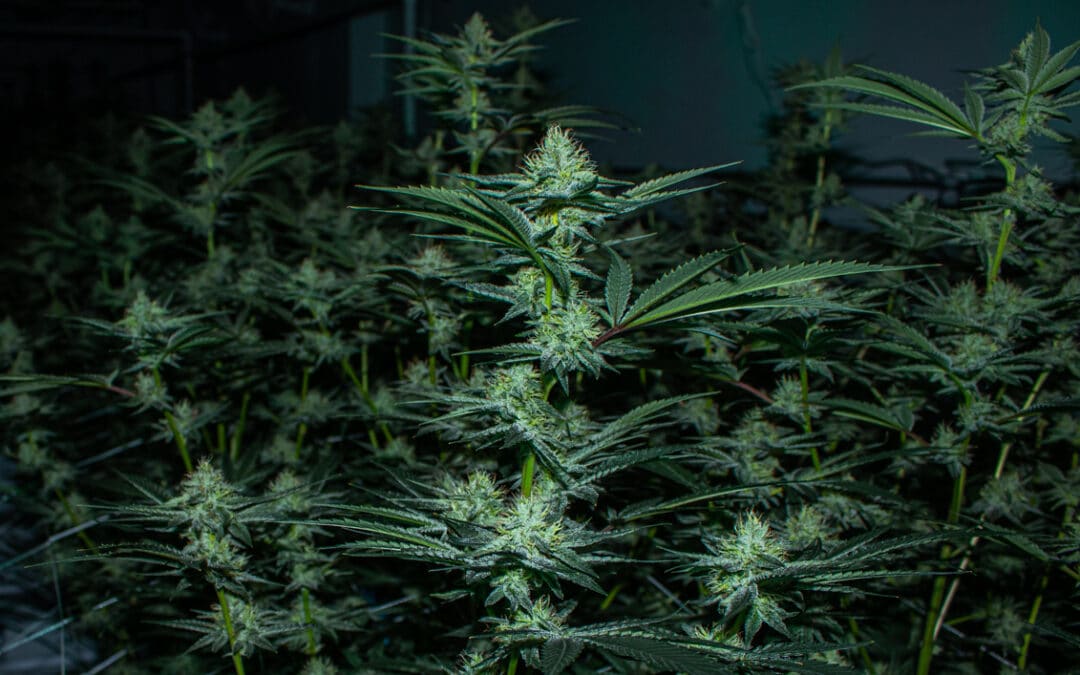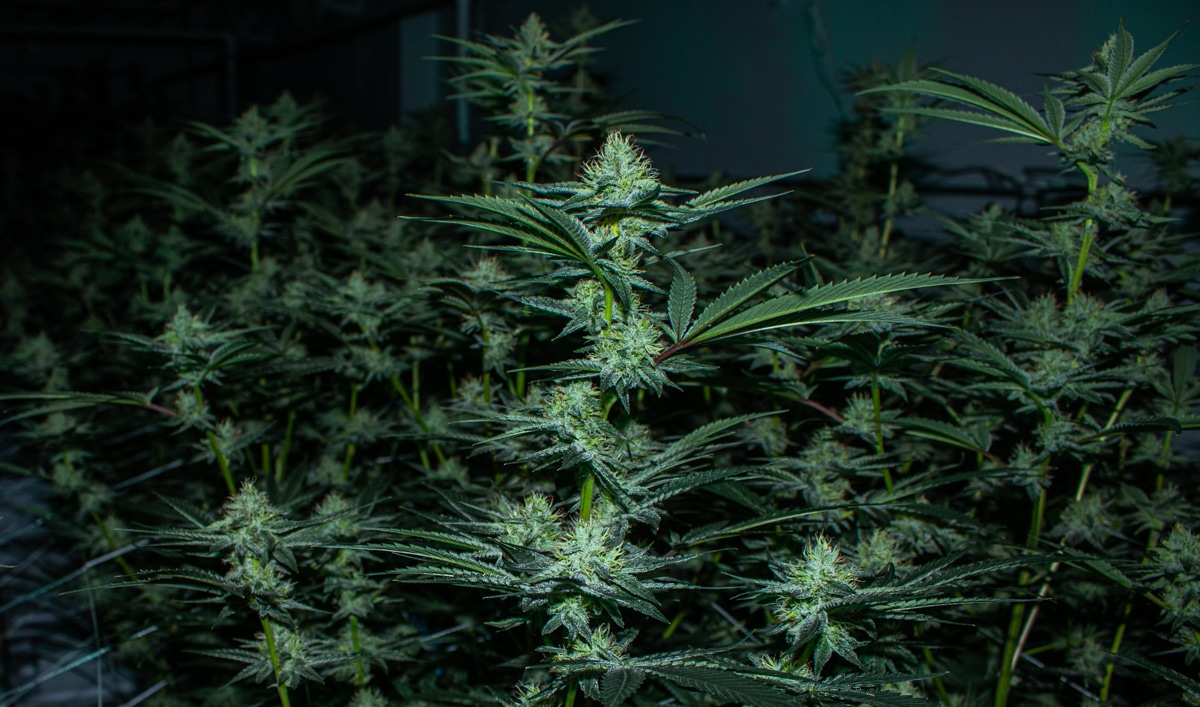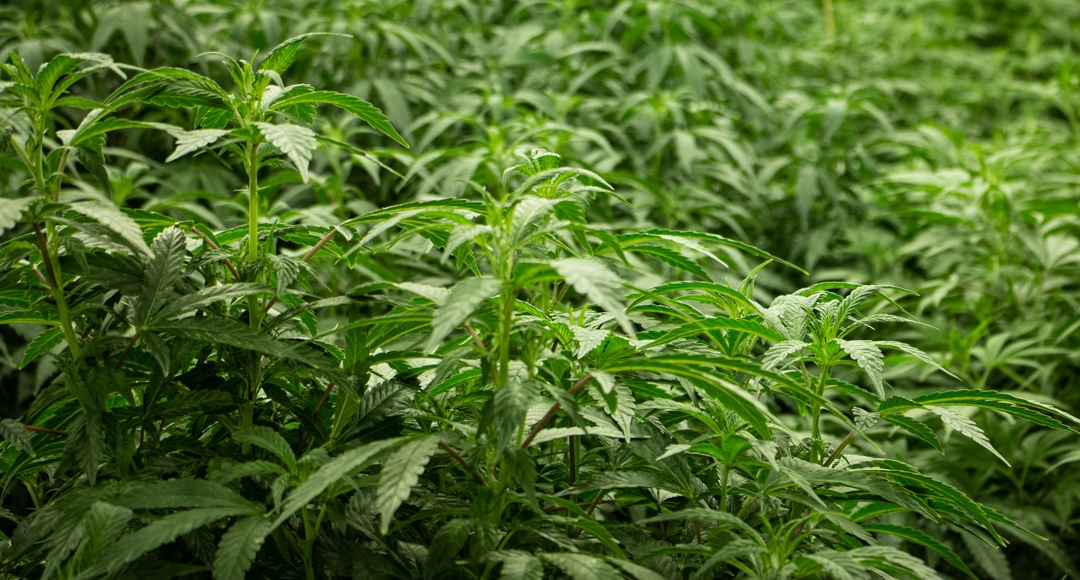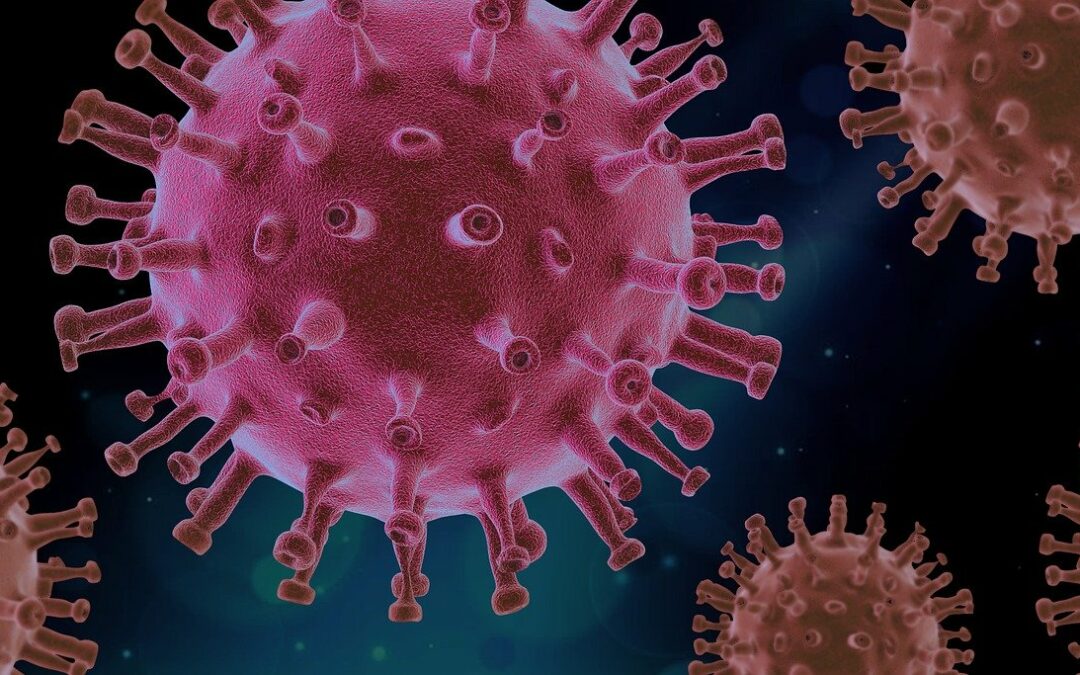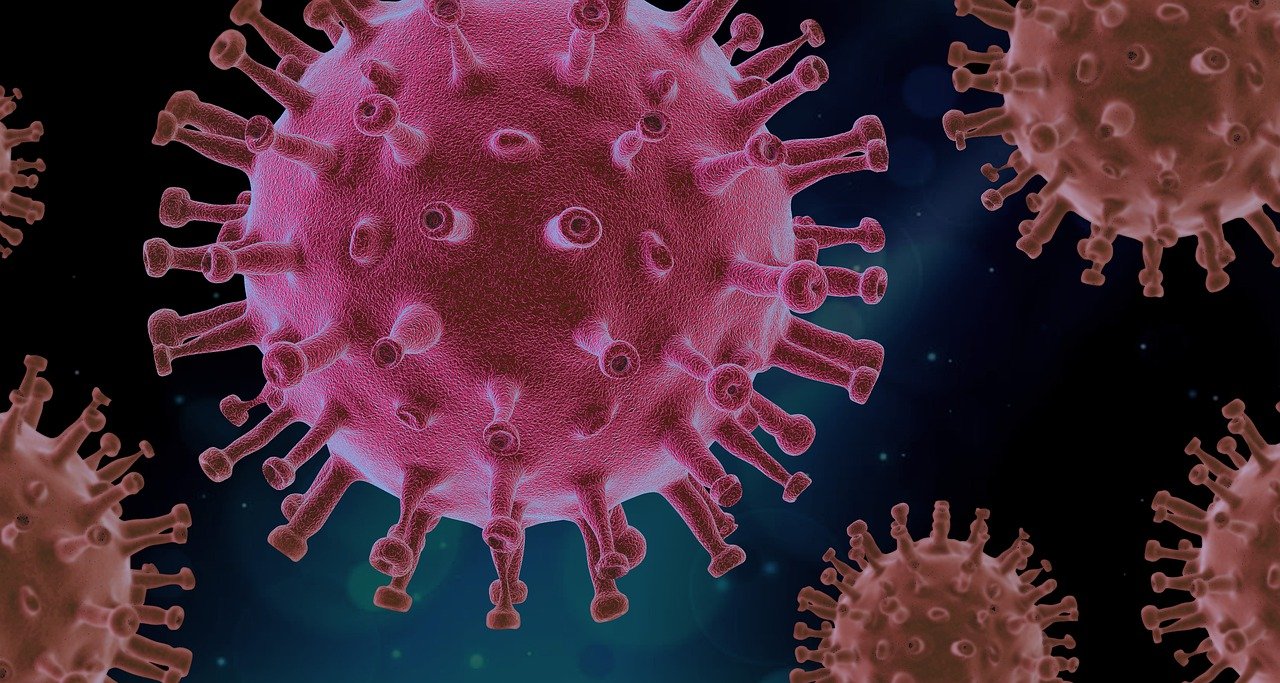
Thailand legalizes growing cannabis at home

BANGKOK (Reuters) – Thailand’s narcotics board on Tuesday said it would remove cannabis from its drugs list, paving the way for households to grow the plant.
Thailand became the first Southeast Asian country to legalise marijuana in 2018 for medical use and research.
Under the new rule, people can grow cannabis plants at home after notifying their local government, but the cannabis cannot be used for commercial purposes without further licenses, Health Minister Anutin Charnvirakul told reporters.
The rule must be published in the official Royal Gazette and 120 days must pass before home cannabis plants will become legal.
Meanwhile, the health ministry will this week present to parliament a separate draft bill which provides details on the legal use of cannabis, including its production and commercial use, including guidelines on recreational use.
Homegrown cannabis should be used for medical purposes like traditional medicine, food and drug regulator chief, Paisal Dankhum has said previously and that there would be random inspections.
The draft bill punishes growth of cannabis without notifying the government with a fine of up to 20,000 baht ($605.33) and prescribes a fine of up to 300,000 baht or three years in jail, or both, for selling it without a license.
The move is the latest step in Thailand’s plan to promote cannabis as a cash crop. About a third of its labour force works in agriculture, according to the World Bank.

